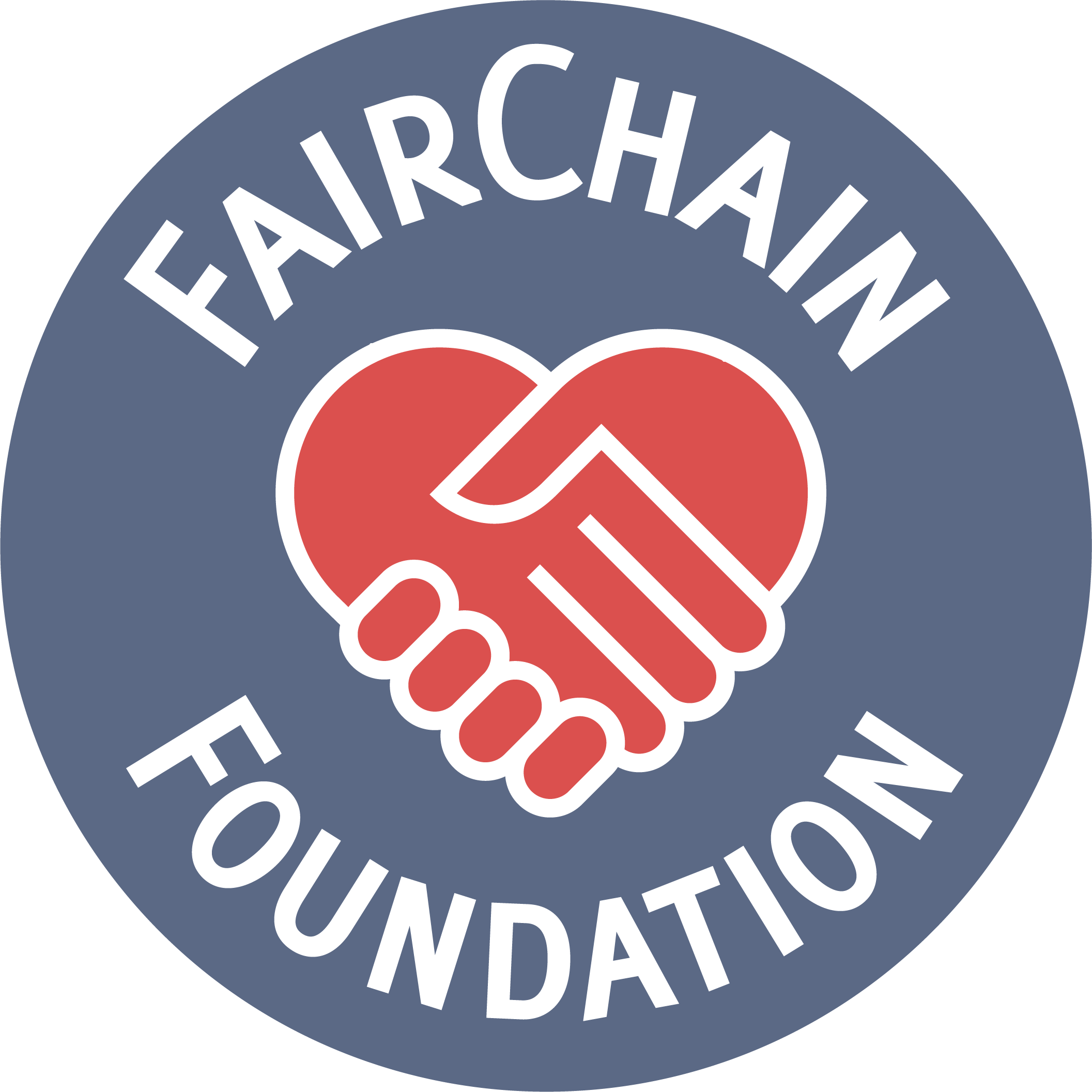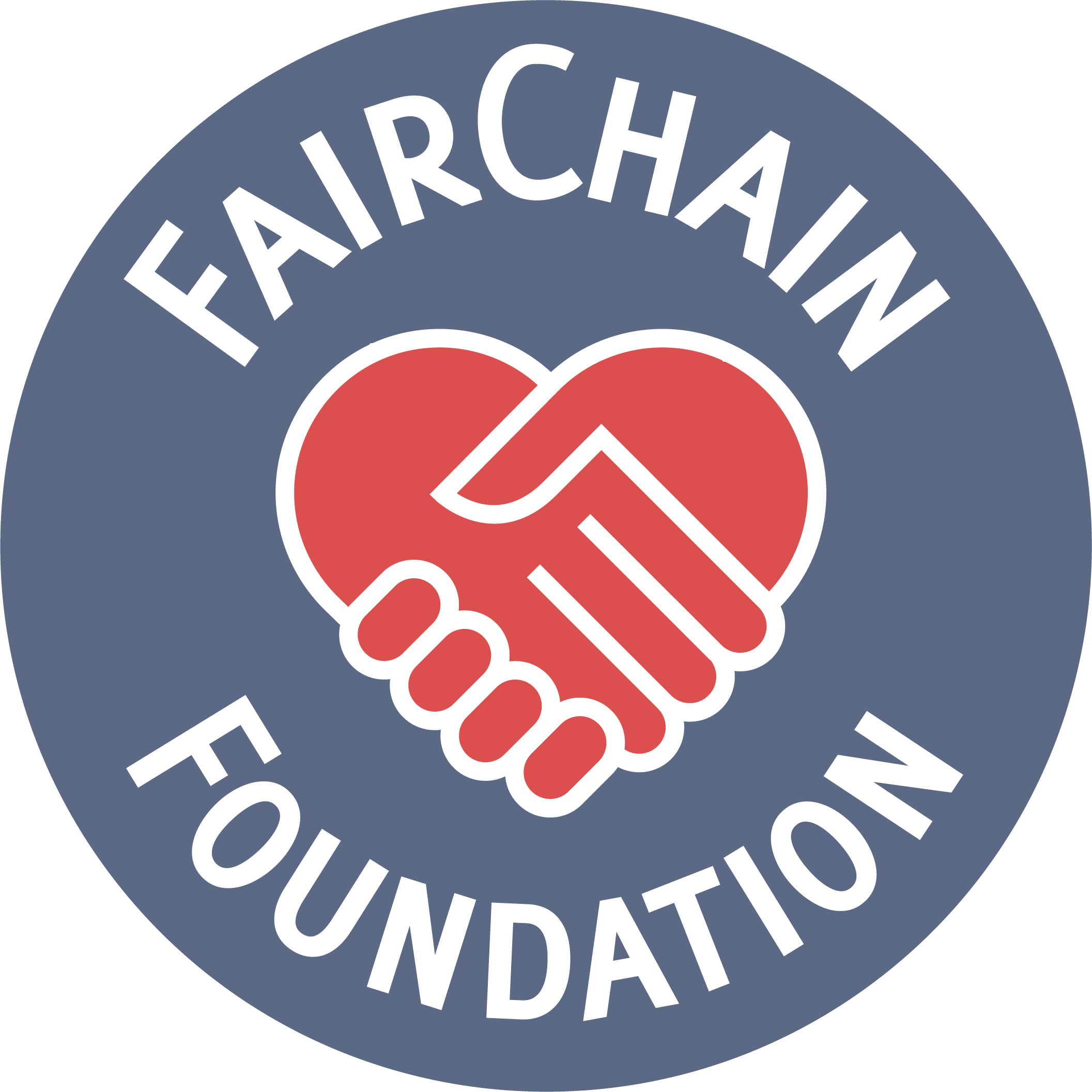Hi, my name is Ådne, and as part of my work for Fairchain I was asked to write a blog. And I think it is good to start with a short introduction. Partly about who I am partly about what I am doing for FairChain. I am a student from University of Applies Science Van Hall Larenstein in Velp. I’m studying International development management, (the major Sustainable value chains) a study that focusses on improvement of the production chains of (mainly tropical) agricultural products. Within this study my personal interest has always been the improvements and support on farmer level. I did a minor on biological control of insects and always have been mostly interested in the agricultural side of the chain. And that is also what I am working on for FairChain during my Internship.
This will be for a 6 months period where I will be stationed and working directly from Limu Genet, Ethiopia, in close contact with the farmers. My main task is the improvement of knowledge and support farmers get on various agricultural practices.

When I started my internship 3 months ago the focus I had was the improvement of soil fertility and supporting farmers in applying (and maybe producing) fertilisers. However, back then I didn’t know the current state of for example the training program. Due to this my plan had to change. Farmers already had been working on the production and implementation of compost on their land, so there was not a whole lot I needed to do right there. Or at least on the production of the compost there is not much work. They are told what they should be doing. This is not only true for the application of compost but also for other agricultural practices like rejuvenation.

So, what would help the farmers than? A logical next question was to ask myself “do they apply this knowledge?” and that’s where I am currently working on. Is the knowledge from farmer trainings used and applied, or are farmers hesitant and reluctant to start implementing any of this?
To do this, it is important to first know the current situation. How many farmers apply the knowledge and in what way? This made I started my work with doing farm visits, gathering data on application and producing maps to make this visible
This way of data collection has been changed a lot over the last few months, and we hope to start implementing an improved and more effective program for the collection of farmer data. With the idea to be able to use it in the future with everything we do.
Never the less, with the data collected in the past few months I already have a clear understanding about the current situation. And so far, it’s fair to say we are a long way from our goal. And that’s not only negative, but a lot of work still needs to be done. Many farmers are not implementing the knowledge right now. And to be honest, that’s a completely logical thing. When someone ask you to cut down your coffee trees, would that be something you like to do? These plants are their main income. And even though a lot of old coffee trees are far from productive, it is their income. And risking that because someone tells you to… that’s a scary thing to do
The timespan of the current training program also has been limited. This makes it would be a unique thing to see a high level of adoption already. Farmers will need some time before they believe the effect of the improvements and will need to see some proof. This takes time. After stumping (a rejuvenation technique) the coffee trees there will be (almost) no production for over 3 years.
My goal for the coming time will be to get an even better understanding about the effects and success of the trainings. Really try to quantify the adoption and try to see what improvements could be most effective for now
Next to that I will be in Limu during this year’s harvest. I will be there to help as much as possible with implementing improvements that will be made on the collection and processing. Quite a few of those improvements have been thought of by my fellow intern Sam Kreuk. He has been with me during the first month of my time in Ethiopia and focussed mainly on the improvement of the process after (and during) collection at the washing station. With as main goal improving the final quality of the coffee by better storage, drying.

As well as keeping better track of the quality by doing regular check on for example moisture levels already at processing level. Assuring we deliver the best product to the roastery (and with that our customers).
After a relatively quiet first 3 months we now will become busy. Life at the washing station will be more and more focussed on the harvest, and within a month the first farmers could start bringing their red cherries. I am looking forward to it and hope to be able to share more about my time in Limu with you!


